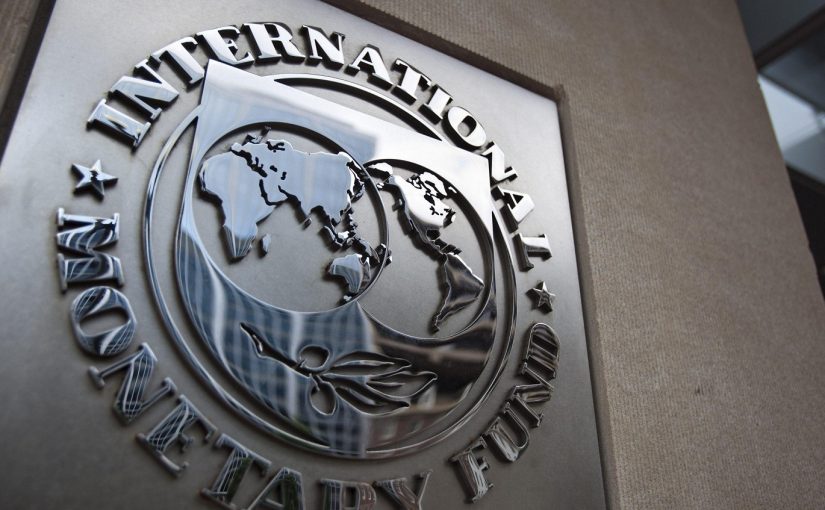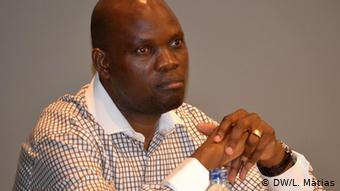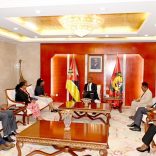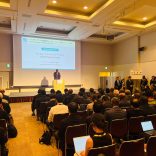Amounts, property, rights and assets held abroad by Mozambican citizens which must be declared to ...
Covid-19: Civil society wants to be part of the monitoring of IMF loan to Mozambique

in file CoM
Mozambican civil society is concerned with the management of the funds the IMF has granted to face Covid-19. Although pleased with the loan, it wants transparency from the Government.
The International Monetary Fund (IMF) is lending Mozambique US$309 million to deal with the Covid-19 pandemic at a time when the country is still struggling to “sanitise” its image with the Bretton Woods institution because of the ‘hidden debts’, and regain trust and regular support to the State Budget (OE).
Paula Monjane is a member of the non-governmental Budget Monitoring Fund (FMO), and observes that “Mozambique is currently one of the most indebted countries in the world, and the fourth most indebted in Africa. Mozambique’s public debt stands at around 125% of GDP, and the disclosure of the ‘hidden debts’ and all their outlines has been driving a growing demand from citizens and civil society for the State to be more transparent and to account for the contracting of debts and the management of public finances in general”.

And Mozambique’s increasingly attentive civil society is calling for respect for the principles of transparency and good governance in this loan agreement between the IMF and the Government. The FMO wants Parliament to participate in the approval of the loan, advocates an inspection regime to ensure that aid reaches the most needy, including civil society participation in monitoring the disbursement of the US$309 million dollars.
Civil society demands participation in monitoring
“It seemed that we lacked consultations with the other cooperation partners and it seemed to us that it was possible, without jeopardising the speed that was required in decision making, that there should be a little more consultation,” FMO coordinator Adriano Nuvunga says. “And the second point, and the most important, is that we thought that, given the current situation of endemic corruption in Mozambique and bad governance and lack of transparency, it is paramount that transparency and accountability was required, and that active participation of civil society was part of the agreement, not ‘a posteriori’, but that it [civil society] was an integral part of all decisions about priorities in the allocation of funds, as well as in the continuous and daily monitoring of the implementation of this fund.”

As a result, the FMO sent a letter to the IMF and, in response, the international organisation invited the FMO to an informal meeting this Tuesday (05.05) in Maputo.
The FMO coordinator says that “at the meeting, the IMF, as always in its formal response, said that it demands transparency and good governance from the government, and that the government was committed to carrying out audits when Covid-19 has dropped in intensity, and has asked that the results of the independent audits be published”.
But the FMO wants more than that. “We replied that this was not enough, considering the experience with post-cyclone Idai reconstruction that discouraged partners from making it available. The IMF said it could not do more because that would be violating the rules of the members and ended with us restating our demand – that it was very important to ensure active participation and that [ensuring] transparency and good governance were not left only to the Mozambican side,” Nuvunga said.
Respect transparency commitments
Civil society also notes that its demands are in line with the government’s own reform commitments in the July 2019 Transparency, Corruption and Governance Report, and that the approval of the Covid-19 emergency loan should not be used as an excuse to abandon the reforms undertaken by the government.
“In the bigger picture, this is [aimed at] ensuring that the agreement [contained] in the governance, integrity report – made jointly between the government and the IMF – cannot be set aside because the decision was made to grant this financing,” Nuvunga explains.













Leave a Reply
Be the First to Comment!
You must be logged in to post a comment.
You must be logged in to post a comment.